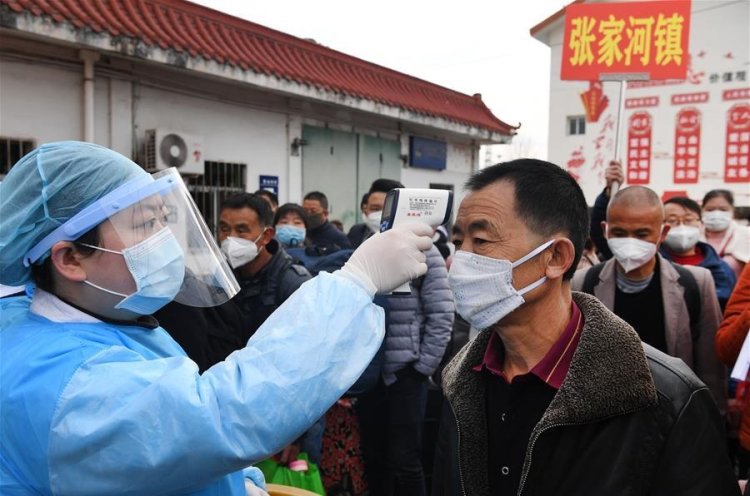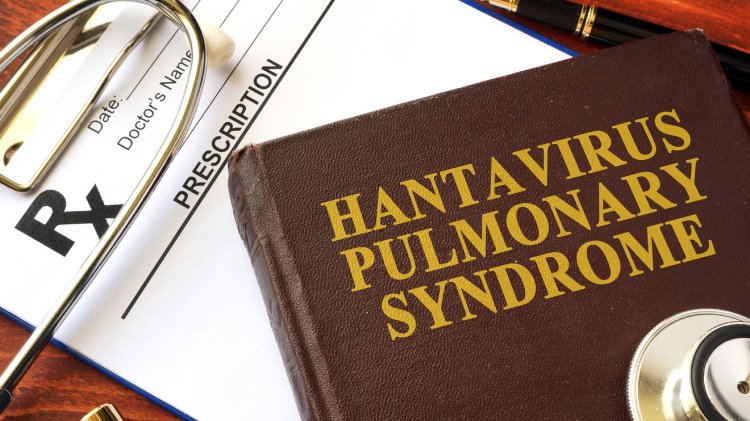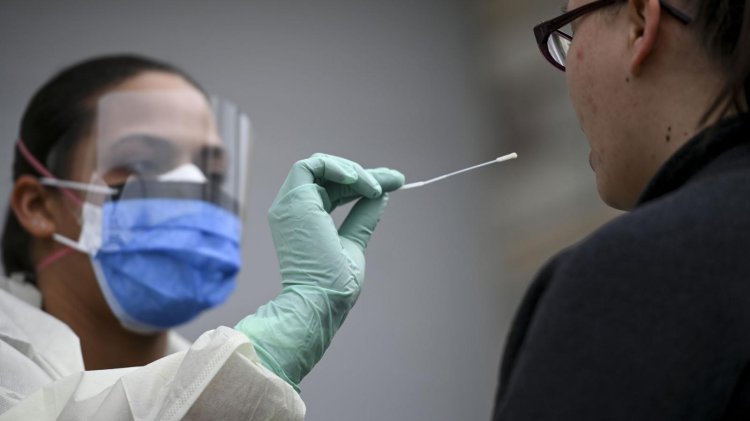Is Hantavirus As Scary As You Think? Tips To Minimize The Risk
Leela Adwani |Mar 25, 2020
It goes without saying that the news has cooked up a storm on social media right away and many have started panicking about whether another pandemic will do the rounds.
While the whole world is going the extra mile to find a cure for the Coronavirus pandemic, the latest report published in Global Times said that a Chinese man hailing from Yunnan province died from Hantavirus en route to Shandong province on a bus. Hantavirus is one of a family of viruses that are spread by rodents and cause disease in humans. Currently, 32 fellow passengers on board have been tested for the virus and the results will release soon.

It goes without saying that the news has cooked up a storm of controversies right away and many have started panicking about whether another pandemic will do the rounds. As the novel coronavirus is leading to a more intense situation across the world with 422,614 confirmed cases and 18,892 deaths and WHO officially declared it as a pandemic.
Hantavirus topped the trending topics in no time shortly after the news was about the death of the Chinese man.
However, unlike COVID-19 which is reported to spread through droplets from person to per when infected people sneeze or cough, hantavirus is mainly spread only when people come in contact with mice and their feces, saliva or urine.
How do people contract the hantavirus?
According to the Centers for Disease Control and Prevention (CDC), hantavirus infections in humans are likely to happen sporadically and mainly in rural areas with fields, farms, and forests that are quite appealing habitats for the lives of rodents hosts.

However, researchers believe that people may be infected with this virus if they touch things contaminated with rodent droppings, urine or saliva and then they continue to touch their mouth and nose. They also suspect they people are likely to get sick if they consume food contaminated by droppings, urine or saliva from infected rodents also.
CDC said that the hantavirus that caused illness in humans in the US can’t be transmitted from person to person like Coronavirus under the form of kissing or touching.
What do the numbers tell us?
Records have it that the Hantavirus pulmonary syndrome (HPS) has a fatality rate of 38%. Meanwhile, depending on which type of virus causes hemorrhagic fever with renal syndrome (HFRS), the death rate stands at being shy of 1% equal to around 15% of patients.
Obviously, both of these are quite rare, but the patients need around weeks to months for recovery.
Which group is more vulnerable to Hantavirus?
It’s divided into neither age groups nor genders like the ongoing Coronavirus. No matter you are healthy or not, anyone who comes in contact with infected rodents is more at risk with HPS. That’s why people who are residing with rodent infestations are more vulnerable to contract, as per the CDC.

Not just this, you will also increase the potential to get infected if you put yourself in contact with rodent urine, saliva, nestin material or droppings.
How can we reduce the risk and prevent hantavirus ourselves?
There is no better solution to minimize the risk than trying to keep yourself away from contacting with rodents at work, at home as much as possible. Sealing up all holes, gaps in your apartment, house, the garage that can let the rodents in is the best way. Placing traps around and in your home to prevent rodent infestations is also recommended. And clean up and seal easy-to-get food in your kitchen.
What do you think about hantavirus? Let us know in the comment section below!
- Tag






Comments
Sort by Newest | Popular